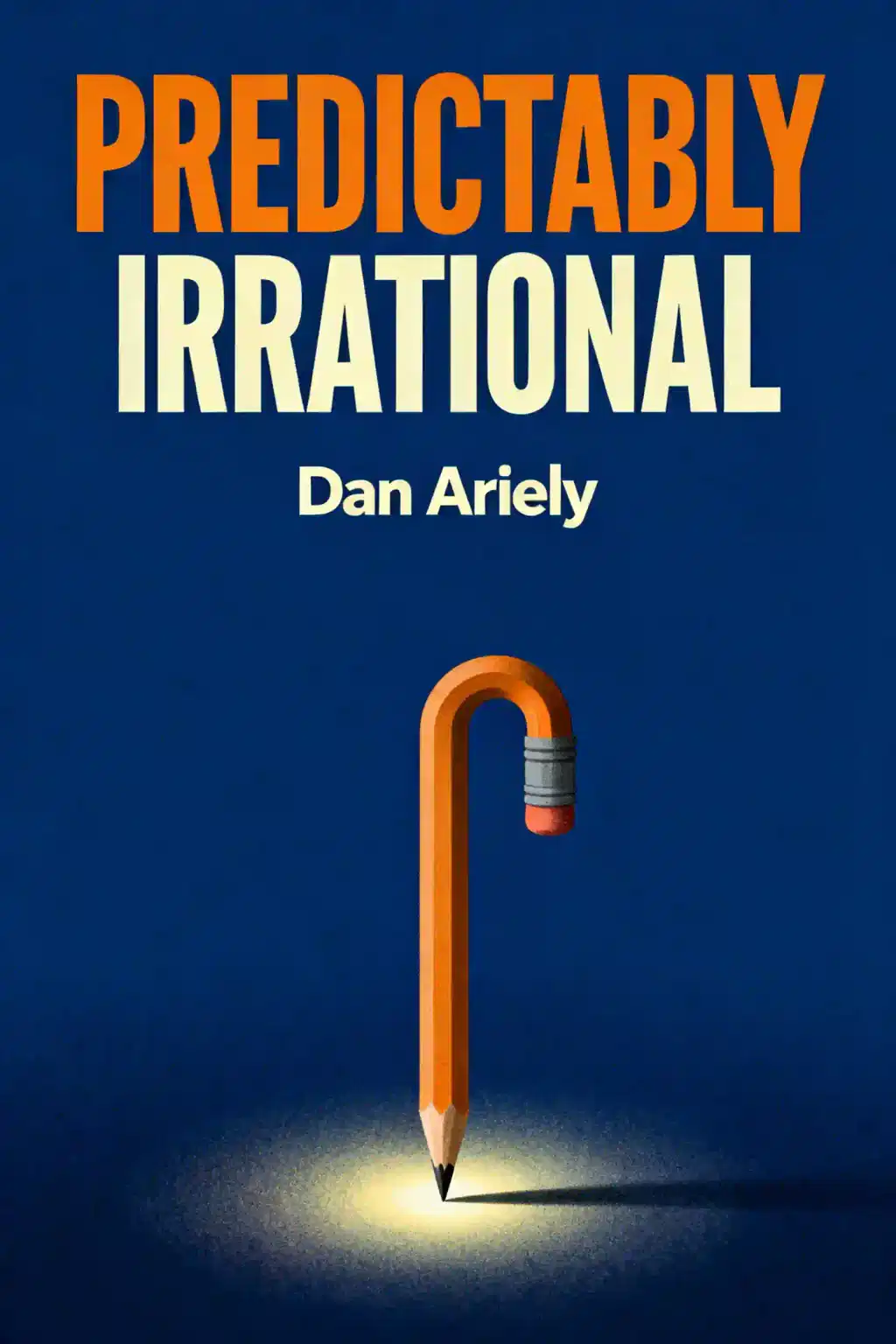
The Power of Choice by Michael C. Hyter Summary
Overview of The Power of Choice
In "The Power of Choice," Korn Ferry's former Chief Diversity Officer Michael C. Hyter reveals how underrepresented professionals can create their own opportunities. Endorsed by PepsiCo's former CEO, this guide challenges readers: What if your career advancement depends not on circumstances, but on strategic efficacy?
Similar books to The Power of Choice
Feel the book through the author's voice
Turn knowledge into engaging, example-rich insights
Capture key ideas in a flash for fast learning
Enjoy the book in a fun and engaging way
Quick Summary Mode - Read or listen to The Power of Choice Summary in 9 Minutes
Break down key ideas from The Power of Choice into bite-sized takeaways to understand how innovative teams create, collaborate, and grow.
Flash Card Mode - Top 8 Insights from The Power of Choice in a Nutshell
Distill The Power of Choice into rapid-fire memory cues that highlight key principles of candor, teamwork, and creative resilience.

Fun Mode - The Power of Choice Lessons Told Through 19-Min Stories
Experience The Power of Choice through vivid storytelling that turns innovation lessons into moments you'll remember and apply.
Personalize Mode - Read or listen to The Power of Choice Summary in 0 Minutes
Ask anything, pick the voice, and co-create insights that truly resonate with you.

From Columbia University alumni built in San Francisco
"Instead of endless scrolling, I just hit play on BeFreed. It saves me so much time."
"I never knew where to start with nonfiction—BeFreed’s book lists turned into podcasts gave me a clear path."
"Perfect balance between learning and entertainment. Finished ‘Thinking, Fast and Slow’ on my commute this week."
"Crazy how much I learned while walking the dog. BeFreed = small habits → big gains."
"Reading used to feel like a chore. Now it’s just part of my lifestyle."
"Feels effortless compared to reading. I’ve finished 6 books this month already."
"BeFreed turned my guilty doomscrolling into something that feels productive and inspiring."
"BeFreed turned my commute into learning time. 20-min podcasts are perfect for finishing books I never had time for."
"BeFreed replaced my podcast queue. Imagine Spotify for books — that’s it. 🙌"
"It is great for me to learn something from the book without reading it."
"The themed book list podcasts help me connect ideas across authors—like a guided audio journey."
"Makes me feel smarter every time before going to work"
From Columbia University alumni built in San Francisco

Get the The Power of Choice summary as a free PDF or EPUB. Print it or read offline anytime.














